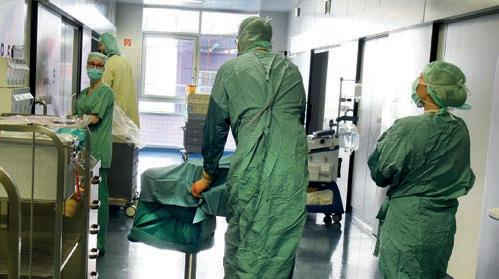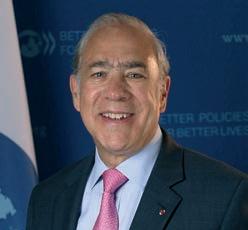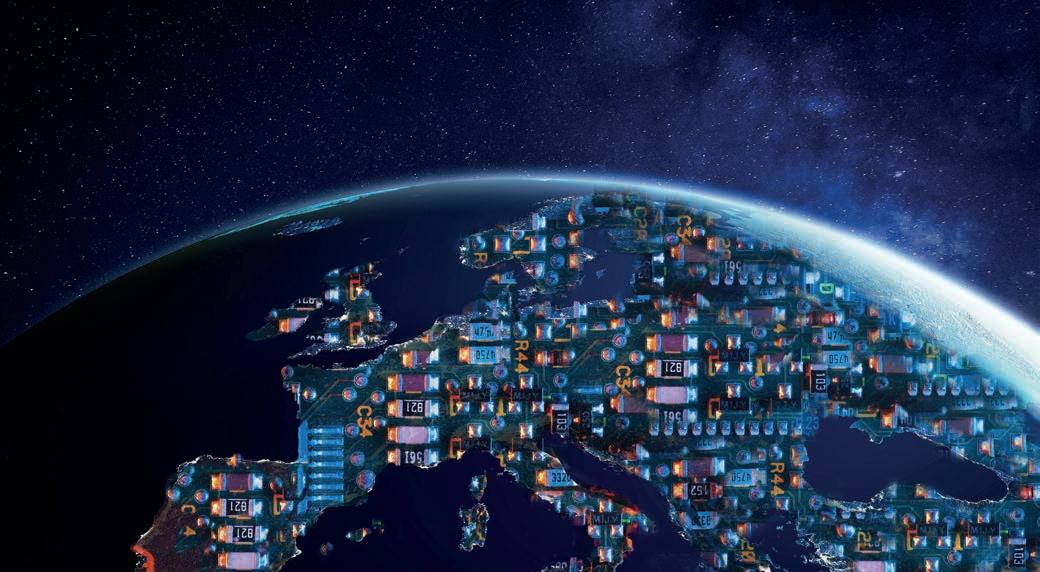Why statistical offices should hire a comedian important channel to increase SME productivity and wages. In fact, data show that wage gaps with large firms, which typically pay employees 20% more than small businesses, are smaller for exporting SMEs.
Vincent F. Hendricks, Professor, Director of the Center for Information and Bubble Studies, University of Copenhagen, Denmark and Johannes Jütting, Manager of the Partnership in Statistics for Development in the 21st Century (PARIS21), Paris, France oe.cd/obs/2Rc
Public action has to take the wide diversity of SMEs into account to be effective. It should also address the broad range of factors that can affect their business environment and which cross over multiple policy domains, from regulation to infrastructure, competition and tax, not to mention national and subnational levels of policy governance.
Perhaps it is because the expert community has not come up with compelling and easy-to-understand narratives that strike a chord with people’s feelings and concerns. The danger is, while experts need to make value judgments on measurement criteria and frameworks, in a polarised society these can be misused by populists who dismiss experts as partisan without any
Many of these issues are addressed in the SME and Entrepreneurship Outlook. SMEs can help us reach new heights, and with international co-operation and more evidence on good practices, policymakers can help SMEs and entrepreneurs play a fuller part in building more resilient, sustainable and inclusive societies. Reference OECD (2019), OECD SME and Entrepreneurship Outlook 2019, OECD Publishing, Paris, https://doi.org/10.1787/34907e9c-en
oe.cd/obs/2Rb
Comedian John Oliver
Did you know that each year in the United States nearly 730 people die falling out of bed, while only nine are killed by jihadist terrorists? If you had to guess, which one do you think Americans are more worried about? The late statistician Hans Rosling argued that we are victims of the “fear instinct”, which explains why things that frighten us are more likely to grab our attention. Just think about how often politicians on all sides have worked on people’s fears to turn public opinion against migration, for example. In an age where misinformation spreads on social media with the click of a mouse, stories about the danger of vaccinations,
12
©Mike Coppola / Getty Images North America / AFP
Action is needed now, to enable SMEs to make the most of emerging opportunities but also to ensure they are better prepared in the event of a new economic slowdown. In fact, as trade tensions increase and market conditions for SMEs tighten, the room for them to benefit from digitalisation and globalisation may narrow.
the myth of climate change or other flat-earth conspiracies have challenged the relationship between perceived realities, objective truth and official statistics. Groups on social media become echo chambers in which members start believing an argument if it is simply repeated often enough. When surrounded by people with similar views, whether on social media or in person, those gut feelings become reinforced.
“real world” understanding. Such factors are proving to be a critical challenge for democracy and public institutions. How can statisticians turn the tables? Let’s start by recalling what they do. The mandate of official statistical offices is to produce reliable information about a society in its entirety, based on the Fundamental Principles of Official Statistics. The information should be data driven, based on reliable methodologies, and pave the way for informed discussion, decision and action. In an ideal world, statisticians should remain dispassionate and objective, as their role is to engage in the science of data collection and analysis itself, not to make judgments about the data that they collect. Listen up, pay attention– Statisticians need to realise how their facts can be interpreted differently by various groups. Actively engaging with users and listening to their arguments also helps statisticians become better at

















